
AllQuestion and Answers: Page 659
Question Number 153898 Answers: 1 Comments: 0
Question Number 153896 Answers: 1 Comments: 0
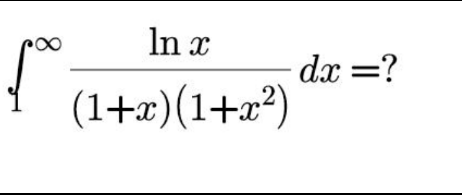
Question Number 153895 Answers: 0 Comments: 0

Question Number 153897 Answers: 0 Comments: 1
Question Number 153893 Answers: 0 Comments: 0
Question Number 153877 Answers: 0 Comments: 1

Question Number 155421 Answers: 3 Comments: 0

Question Number 153875 Answers: 0 Comments: 0
Question Number 153873 Answers: 0 Comments: 1
Question Number 153870 Answers: 1 Comments: 3
Question Number 153864 Answers: 0 Comments: 1
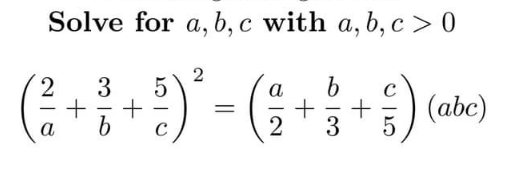
Question Number 153866 Answers: 1 Comments: 0
Question Number 153862 Answers: 0 Comments: 0
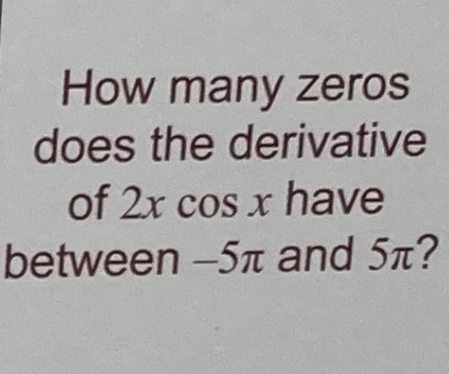
Question Number 153860 Answers: 1 Comments: 0
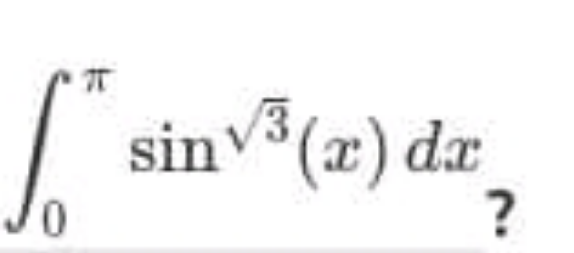
Question Number 153858 Answers: 2 Comments: 1
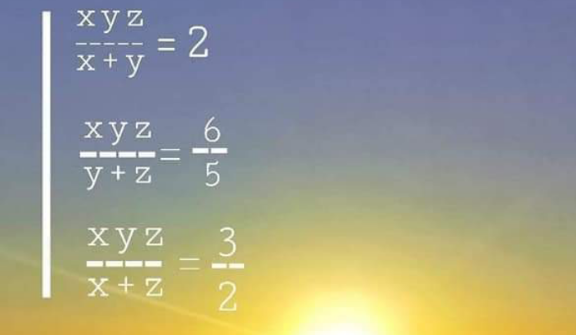
Question Number 153857 Answers: 1 Comments: 1

Question Number 153847 Answers: 2 Comments: 0
Question Number 153840 Answers: 1 Comments: 0
Question Number 153839 Answers: 1 Comments: 1
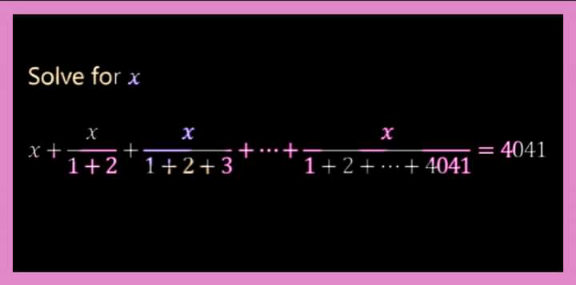
Question Number 153829 Answers: 0 Comments: 0
Question Number 153842 Answers: 0 Comments: 0

Question Number 153817 Answers: 0 Comments: 3
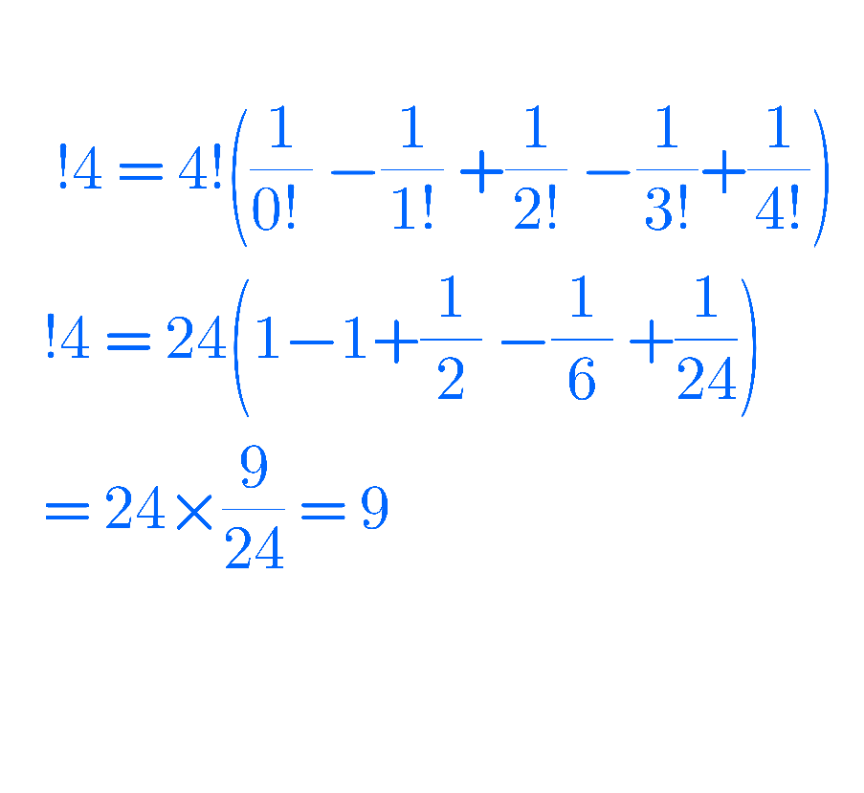
Question Number 153808 Answers: 0 Comments: 0
Question Number 153803 Answers: 1 Comments: 1
Question Number 153800 Answers: 2 Comments: 0

Question Number 153784 Answers: 0 Comments: 1
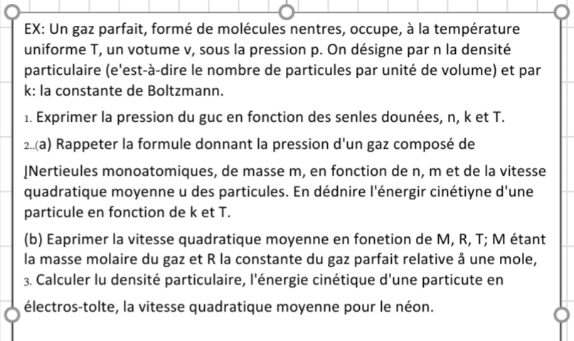
Pg 654 Pg 655 Pg 656 Pg 657 Pg 658 Pg 659 Pg 660 Pg 661 Pg 662 Pg 663
